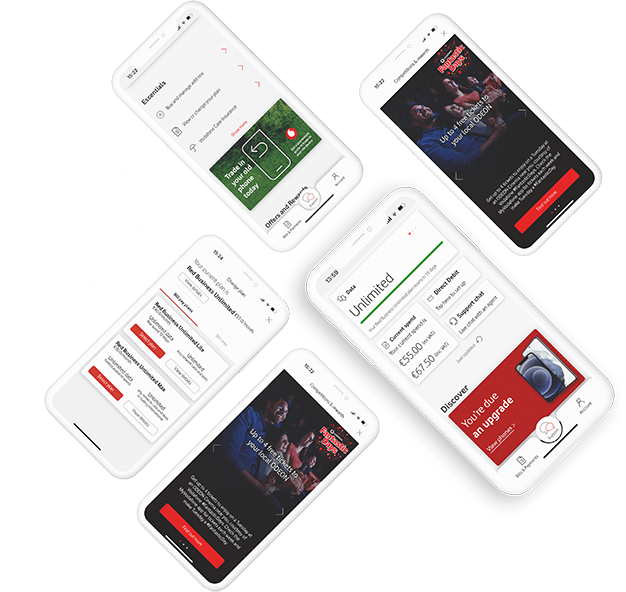

Summary: Learn how a second broadband connection can limit the risk of interruption to your business.

Whether we think of them that way or not, there’s a good argument that all companies are now tech companies. Even if they don’t operate in the tech sector, companies of all shapes and sizes increasingly depend on technology and broadband connectivity, in particular, to offer their goods and services to the world.
Today, it’s quite common to find broadband at the centre of how even small companies operate. They use it to access software and storage in the cloud. They use it to facilitate Zoom meetings and video conferencing, to operate their phone systems and even to run their CCTV and security systems.
Limit Your Risk
But what happens if that connection goes down? A surprising number of internet-dependent businesses have only one connection running into their place of business, with the result that it’s quite common for them to not realise just how exposed they are until there’s a problem.
“Because this situation evolves gradually, many smaller companies aren’t aware of how important the internet is to them. But ask them to consider what would happen if broadband was suddenly taken away, and the prospect is scary for them,” said Aaron Grant, Business Broadband Proposition Manager for Vodafone.
“Our experience is that most people have an ‘if it’s not broken, don’t fix it’ mentality to broadband. Their physical modem is tucked away somewhere on their premises, and they don’t look at it until something happens and their data connection goes down.”

This can happen for a variety of reasons, from workers accidentally severing cables while digging up roads to more complex network-related issues. Regardless, the solution to mitigating this exposure is to have a second connection. This can offset the risk of a primary connection being cut off.
“Large companies tend to have a disaster recovery or business continuity policies put in place by consultants that handle things like this for them, but if you’re a small to medium-sized business the reality is you probably don’t have a full-time IT department let alone a dedicated business continuity consultant on call,” said Grant.
“But the good news is that you can do a certain amount of contingency planning yourself. Resilience is hugely important to every company, and at Vodafone we take that to mean the ability to continue to do business when placed in an abnormal situation, such as losing the main broadband connection.”
Protect Against Interruptions
Vodafone can provide secondary connections that use a variety of technologies, protecting against the ‘cut cable’ scenario. Advances in technology also mean that if a secondary connection is in place, a company’s communications infrastructure can switch between them in seconds in the event of an interruption.
It’s also not necessarily the case that a secondary connection needs to sit idle, waiting for an interruption to the primary connection to be useful. It can be set up to balance the load on the primary connection or to separate any public Wi-Fi network offered from business-critical core networks.
“In a digital era, the expectation is that you can send emails 24/7 and that you are contactable 24/7. Customers want to be able to make bookings and interact with your business on their terms and at the times that suit them, not just during the usual business hours of nine to five,” said Grant.
“If you can’t facilitate that you can be seen as lacking, particularly if you’re competing with other companies that can.”

Fibre Connections
Vodafone offers a variety of broadband products with varying upload and download speeds right up to Gigabit technology based on end-to-end fibre optic cable connections.
“Fibre is rolling out all around Ireland and is fantastic if you can access it, but it’s not yet available everywhere. But there is a variety of ways secondary connections can be facilitated. The most important thing is that you arrive at a solution that suits the way you do business,” said Grant.
“It can be difficult to spread the risk between different providers because there tends to be some geographical exclusivity at work – if one provider is dominant in a particular area, others tend not to offer services there. So, to spread your risk out you need one provider that can offer different technologies.
“For example, Vodafone can offer broadband and fibre connections as well as dongles that can connect to our 4G and 5G mobile networks, which can offer a compelling way to mitigate all geographic risks. You don’t need to worry about a cable getting severed if you have strong cellular reception.”
Want to discover more?

Get in touch
Find out what we can do to help your business reach its full potential.






